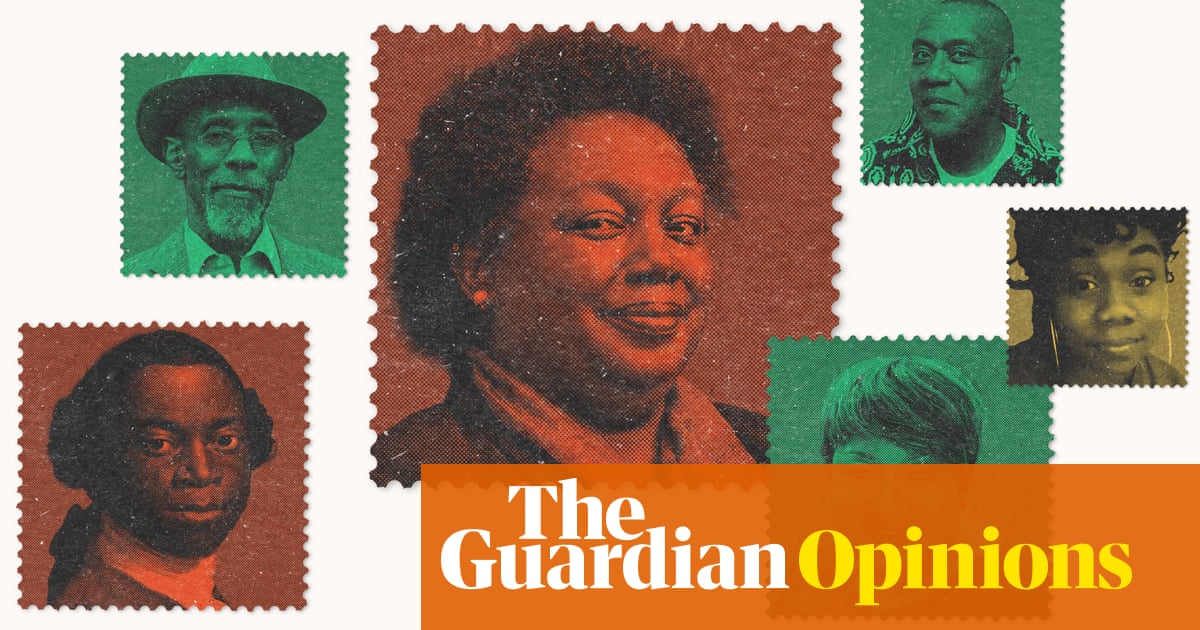
Dalian Atkinson was a gifted Premier League footballer in his youth. But by the summer afternoon that he died, he was a vulnerable man in the middle of a breakdown, standing outside his father’s house in Telford, shouting about being the Messiah. Two police officers summoned by neighbours were “terrified”, a court heard. Atkinson was Tasered for far longer than guidelines allow, and when he finally hit the ground, PC Benjamin Monk kicked him hard enough in the head to leave bootlace imprints. It later turned out Monk, who was convicted of manslaughter in 2021, hadn’t disclosed criminal cautions for theft and drunkenness before joining the force.
A black sporting hero; a white officer with a history of dishonesty; a degree of violence that turns the stomach. Out of a dozen cases in 34 years involving police officers facing murder or manslaughter charges, Atkinson’s is still the only one to meet the bar juries seemingly set for convicting in morally troubling cases that often elicit little public sympathy. Jurors seem particularly willing to give officers the benefit of the doubt over split-second judgment calls few of us might want to make, with no on-duty officer in history convicted of shooting a suspect dead. This week a jury took only three hours to clear Met firearms officer Martyn Blake of murder over the shooting of Chris Kaba, an unarmed black man driving a car linked to a firearms incident the night before, who had tried to ram his way free from a police stop. (The jury wasn’t told that Kaba was a gang member also captured on CCTV shooting a man in a crowded nightclub the week before, because Blake didn’t know that either when he fired).
For Kaba’s grieving family, this latest in a string of acquittals was proof the police “can kill with impunity”, as a campaigner said. Police chiefs, conversely, have responded by demanding more safeguards against prosecution. Though the home secretary, Yvette Cooper, has agreed to demands that officers in such cases remain anonymous until convicted – not unreasonably, given the threats reportedly made against Blake and his loved ones – she has ordered an independent review into some of the more questionable asks on the National Police Chiefs’ Council wishlist, alongside a crackdown on police vetting and an overhaul of CPS guidance on charging officers. It’s time to get to the bottom, once and for all, of why successful prosecutions are so rare.
Arguably the last people in the world who need more freedom from scrutiny is a Met unit already accused of having senior officers over a barrel. A 2022 review led by the crossbench peer Louise Casey, following the murder of Sarah Everard by a serving officer, found a “deeply troubling” culture in a specialist firearms squad with a reputation for considering itself untouchable. Officers transferred out over alleged sexual misconduct were later quietly returned, and petty fiddles such as gaming overtime were routine. Casey heard of one senior Met officer telling others that “it was all right to ‘colour outside the lines’ – to bend and break rules – because firearms officers are harder to replace than other officers and need to be cherished”. Firearms officers are all volunteers and their seniors know that if they downed weapons en masse, the result would be potentially catastrophic for London. The army was on standby for the end of Blake’s trial, in case of mutiny.
The home secretary cannot, however, let herself be held to ransom. If the police have real evidence of being overzealously pursued, obviously it must be heard: if you accept that bad Ofsted reports can push headteachers to the brink, it’s unreasonable to deny that the fear of going to prison can weigh heavily on officers, especially when investigations drag on for years. But let us also hear from those who think justice is already almost impossible to get and who understand the human consequences of some of the NPCC’s more technical-sounding demands, such as making it harder for inquests to return verdicts of unlawful killing against police officers.
Ian Tomlinson was a newspaper vendor, found dead in the street of what a flawed postmortem initially identified as a heart attack, only for a chance video to surface of a police officer pushing and striking him. After much agonising, the then director of public prosecutions announced that the officer couldn’t be charged without proof of how Tomlinson died. That decision was only reversed by an inquest verdict of unlawful killing, though the officer was ultimately acquitted of manslaughter. That DPP, by the way, is currently the prime minister.
It’s true that we expect extraordinary things of firearms officers. Of the two other fatal shootings investigated in the year Kaba died, one involved a white man with a knife who attacked a police station and charged headlong at a Derbyshire firearms officer, who held off firing until the man was barely arm’s-length away. The other was a white man in Cumbria, holding a knife to a young child’s throat. He was shot after repeatedly refusing to drop the knife, and the child survived. The skill and steadiness under pressure involved in both cases is astonishing, and the consequences of a mistake unimaginable. I certainly couldn’t do it. But the same is true of brain surgery, and that doesn’t render surgeons above the law. Cooper’s review should work with an open mind, but also with open eyes. It cannot just settle for whatever level of scrutiny the Met is grudgingly prepared to accept.
Gaby Hinsliff is a Guardian columnist












